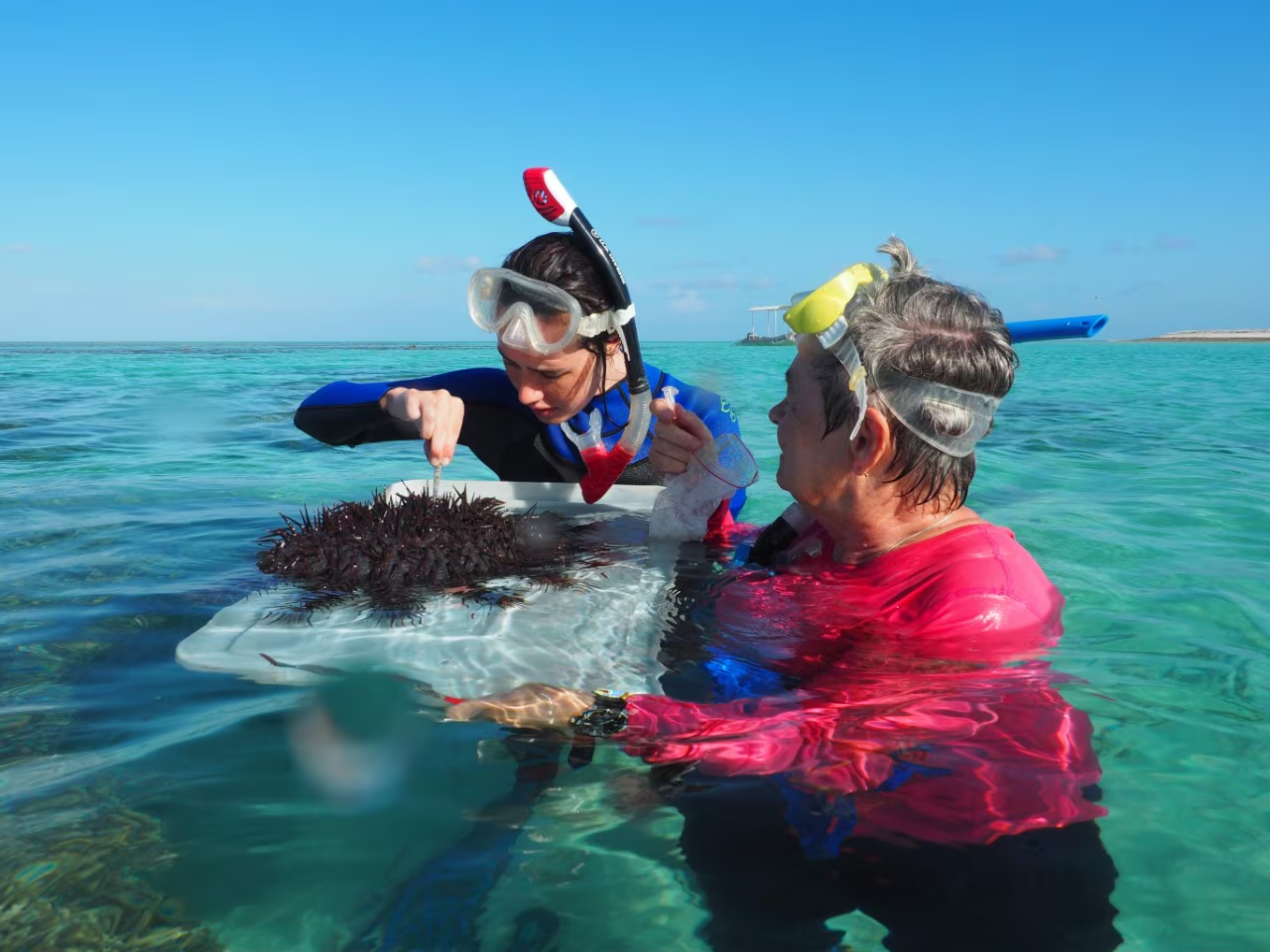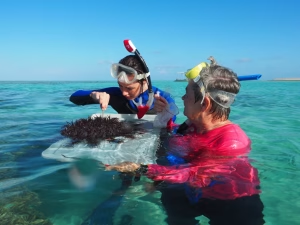Dive into the multifaceted world of marine science. Explore its diverse disciplines, career opportunities, academic courses, and top universities shaping the future of ocean studies.
Unveiling the Depths of Marine Science
Have you ever wondered about the vast complexities of our oceans and the science dedicated to understanding them? Marine science is an interdisciplinary field that delves into the study of oceanic environments, organisms, and processes. Given that oceans cover over 70% of Earth’s surface, their health and dynamics are crucial to global ecosystems and human life. This article offers an in-depth exploration of marine science, highlighting its branches, career paths, educational avenues, and leading institutions.
Key Concepts: Defining Marine Science and Its Importance
Marine science, also known as oceanography, encompasses the study of the ocean’s physical, chemical, biological, and geological aspects. Understanding these components is vital for:
-
Environmental Conservation: Protecting marine biodiversity and ecosystems.
-
Climate Regulation: Oceans play a significant role in global climate systems.
-
Resource Management: Sustainable utilization of marine resources for food, medicine, and energy.
-
Economic Impact: Supporting industries such as fisheries, tourism, and shipping.
Branches of Marine Science
Marine science is divided into several interconnected disciplines:
1. Physical Oceanography
Focuses on the study of ocean currents, waves, tides, and ocean-atmosphere interactions. It helps in understanding climate patterns and predicting weather phenomena.
2. Chemical Oceanography
Examines the chemical composition of seawater, including nutrient cycles and the impact of pollutants. This branch is crucial for assessing ocean health and biogeochemical processes.
3. Biological Oceanography
Investigates marine organisms and their ecological interactions. It encompasses studies from microscopic plankton to large marine mammals, focusing on biodiversity and ecosystem dynamics.
4. Geological Oceanography
Explores the structure and composition of the ocean floor, including plate tectonics, underwater volcanism, and sedimentology. This field provides insights into Earth’s history and natural hazards.
Educational Pathways in Marine Science
Pursuing a career in marine science typically involves:
-
Undergraduate Degrees: Bachelor’s programs offer foundational knowledge in marine biology, oceanography, or environmental science.
-
Graduate Degrees: Master’s and doctoral programs allow for specialization in specific areas, such as marine ecology or ocean engineering.
Coursework often includes subjects like:
-
Marine Biology: Study of marine organisms and ecosystems.
-
Oceanography: Comprehensive understanding of oceanic processes.
-
Marine Chemistry: Analysis of chemical properties and processes in marine environments.
-
Geophysics: Application of physics to study the Earth’s marine environments.
Top Universities Offering Marine Science Programs
Several institutions are renowned for their marine science programs:
-
ETH Zurich: Recognized as the leading university for earth and marine sciences.
-
Ocean University of China: Offers specialized programs in marine and freshwater biology.
-
University of Tasmania: Noted for its research in marine and Antarctic studies.
-
Duke University: Provides a comprehensive marine science curriculum with opportunities for field research.
-
University of Miami: Offers a Bachelor of Science in Marine Science with various concentrations.
Career Opportunities in Marine Science
A degree in marine science opens doors to diverse career paths:
-
Marine Biologist: Studies marine organisms and their behaviors.
-
Oceanographer: Researches physical and chemical properties of oceans.
-
Environmental Consultant: Advises on marine conservation and policy.
-
Aquaculture Specialist: Manages the breeding and harvesting of aquatic organisms.
-
Marine Policy Analyst: Develops regulations to protect marine environments.
According to the U.S. Bureau of Labor Statistics, employment in environmental science occupations, including marine science, is projected to grow by 8% from 2020 to 2030, reflecting increasing emphasis on environmental protection.
Emerging Trends and Future Outlook in Marine Science
The field is evolving with trends such as:
-
Climate Change Research: Assessing impacts on marine ecosystems and developing mitigation strategies.
-
Marine Biotechnology: Exploring ocean resources for pharmaceutical and industrial applications.
-
Renewable Ocean Energy: Harnessing energy from tides and waves.
-
Conservation Technology: Utilizing drones and AI for marine monitoring and protection.
These advancements highlight the growing importance of marine science in addressing global challenges.
FAQs: Common Questions About Marine Science
Q: What skills are essential for a career in marine science?
A: Strong analytical skills, proficiency in scientific research methods, and a solid foundation in biology, chemistry, and physics are crucial.
Q: Are there online courses available in marine science?
A: Yes, many universities
References:


